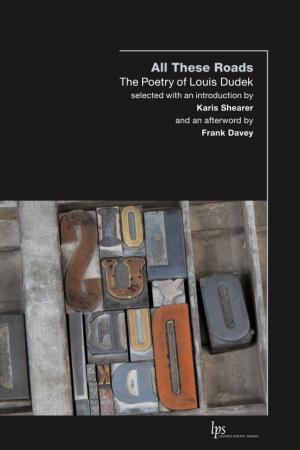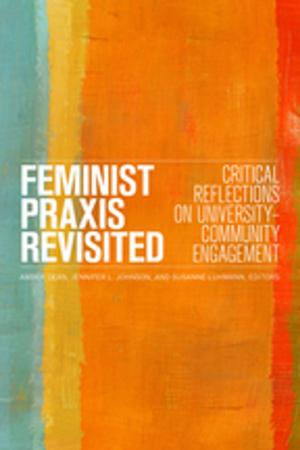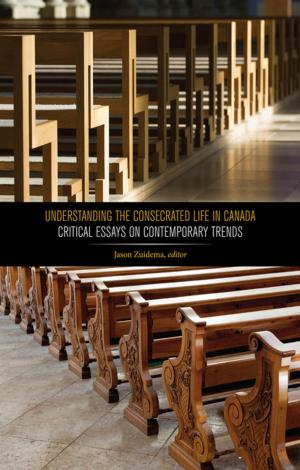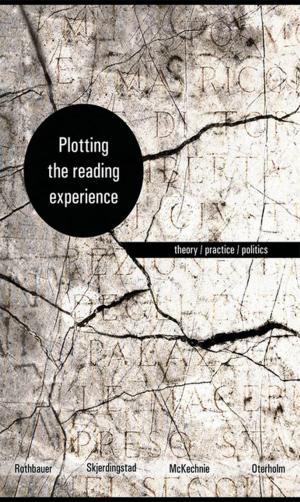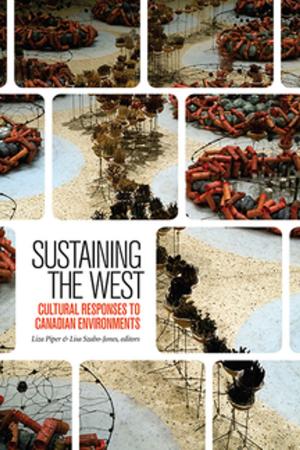| Author: | ISBN: | 9781554587599 | |
| Publisher: | Wilfrid Laurier University Press | Publication: | February 8, 1988 |
| Imprint: | Wilfrid Laurier University Press | Language: | English |
| Author: | |
| ISBN: | 9781554587599 |
| Publisher: | Wilfrid Laurier University Press |
| Publication: | February 8, 1988 |
| Imprint: | Wilfrid Laurier University Press |
| Language: | English |
"It would be possible to argue," writes William Nicholls, "that the pivotal subject of debate among theologians for the past two hundred years has been the relationship between modernity and the Christian tradition."
What is modernity—a philosophical outlook or a set of ideas? What is modernization —a social process? Is modernity the same as secularity, as many theologians and sociologists in the West believe? Is the impact of modernity weakening religious traditions? Are the responses of non-Western religious traditions to modernity similar to Western ones, or are they distinctive, indigenous adaptations to the same world-wide development.
These are the kinds of concerns the interdisciplinary group of scholars addresses in this volume. Contributors include Moshe Amon ("Utopias and Counter-Utopias"), Alan Davies ("The Rise o Racism in the Nineteenth Century: Symptom of Modernity"), Robert Ellwood, Jr. ("Modern Religion as Folk Religion"), Irving Hexham ("Modernity or Reaction in South Africa: The Case of Afrikaner Religion"), Shotaro Iida ("Japanese New Religions"), Shelia McDonough ("modernity in Islamic Persepctive"), William Nicholls ("Immanent Transcendence: Spirituality in a Scientific and Critical Age"), K. Dad Prithipaul ("Modernity and Religious Studies"), Tom Sinclair-Faulkner ("Caution: Moralists at Work"), Huston Smith ("Can Modernity Accommodate Transcendence?"), and John Wilson ("Modernity and Religion: A Problem of Perspective").
"It would be possible to argue," writes William Nicholls, "that the pivotal subject of debate among theologians for the past two hundred years has been the relationship between modernity and the Christian tradition."
What is modernity—a philosophical outlook or a set of ideas? What is modernization —a social process? Is modernity the same as secularity, as many theologians and sociologists in the West believe? Is the impact of modernity weakening religious traditions? Are the responses of non-Western religious traditions to modernity similar to Western ones, or are they distinctive, indigenous adaptations to the same world-wide development.
These are the kinds of concerns the interdisciplinary group of scholars addresses in this volume. Contributors include Moshe Amon ("Utopias and Counter-Utopias"), Alan Davies ("The Rise o Racism in the Nineteenth Century: Symptom of Modernity"), Robert Ellwood, Jr. ("Modern Religion as Folk Religion"), Irving Hexham ("Modernity or Reaction in South Africa: The Case of Afrikaner Religion"), Shotaro Iida ("Japanese New Religions"), Shelia McDonough ("modernity in Islamic Persepctive"), William Nicholls ("Immanent Transcendence: Spirituality in a Scientific and Critical Age"), K. Dad Prithipaul ("Modernity and Religious Studies"), Tom Sinclair-Faulkner ("Caution: Moralists at Work"), Huston Smith ("Can Modernity Accommodate Transcendence?"), and John Wilson ("Modernity and Religion: A Problem of Perspective").

